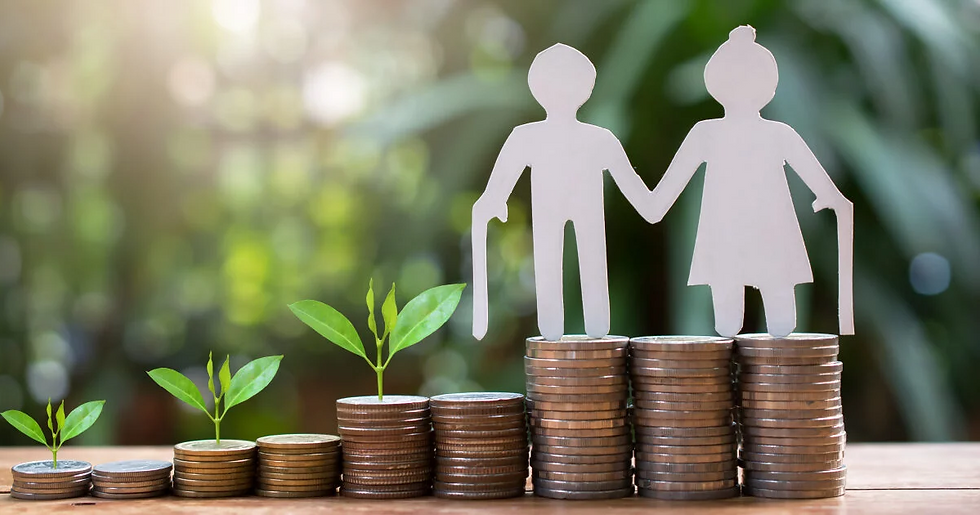Shell to Boost Dividend and Maintain Oil Output, Aims to Regain Investor Confidence
- Flexi Group
- Jun 16, 2023
- 2 min read
Shell (SHEL.L) has announced its intention to increase dividend payments and share buybacks while keeping its oil production steady until 2030, as CEO Wael Sawan aims to rebuild investor confidence in the company's energy transition strategy.

In a statement, Sawan emphasized, "Performance, discipline, and simplification will be our guiding principles. We will invest in the models that work – those with the highest returns that play to our strengths."
Under the revised plan, Shell will raise the overall shareholder distribution to 30-40% of cash flow from operations, up from the previous range of 20-30%. RBC analyst Biraj Borkhataria stated, "The higher payout ratio will make Shell competitive with peers." This includes a 15% boost to the dividend and an acceleration of the share buyback program, with quarterly repurchases increasing to $5 billion from the recent level of $4 billion.
Regarding oil production, Shell has abandoned its previous target of a 20% reduction by 2030, as it had already achieved substantial progress towards that goal. Instead, the company plans to maintain its current oil output until 2030 while focusing on expanding its natural gas business to protect its leading position as the world's largest producer of liquefied natural gas (LNG). Sawan stated, "We will invest in the models that work – those with the highest returns that play to our strengths."
In terms of financial strategy, Shell aims to enhance shareholder returns and performance. The dividend increase, which would bring it to around 33 cents per share, marks the sixth raise since Shell reduced its dividend by nearly two-thirds in April 2020, amid the initial wave of the COVID-19 pandemic. The company's goal is to align its performance with that of its US counterparts, as many investors remained skeptical despite Shell's record-breaking $40 billion profit in the previous year.
Shell's shift in focus follows a similar move made by its rival BP (BP.L), whose CEO Bernard Looney scaled back plans to reduce oil and gas output by 40% by 2030. Sawan, a Canadian-Lebanese national who previously oversaw Shell's oil, gas, and renewables divisions, has recently discontinued several projects, including those in offshore wind, hydrogen, and biofuels, due to their weak return projections.
While Shell remains committed to achieving net-zero greenhouse gas emissions by 2050, speculations about a potential slowdown in renewable energy initiatives have raised concerns among climate-focused investors. Critics argue that increasing fossil fuel production could lead to a rise in Shell's absolute greenhouse gas emissions, even as the company aims to reduce emissions intensity. Shell currently targets a 20% reduction in emissions intensity, including those resulting from the combustion of its sold fuels, by 2030.
In addition to these challenges, Shell faces a Dutch court ruling that requires significant emissions cuts. The company has appealed the decision as it navigates the complex landscape of transitioning to a low-carbon future while balancing the demands of its stakeholders and investors.
By fLEXI tEAM
.png)
.png)







Comments